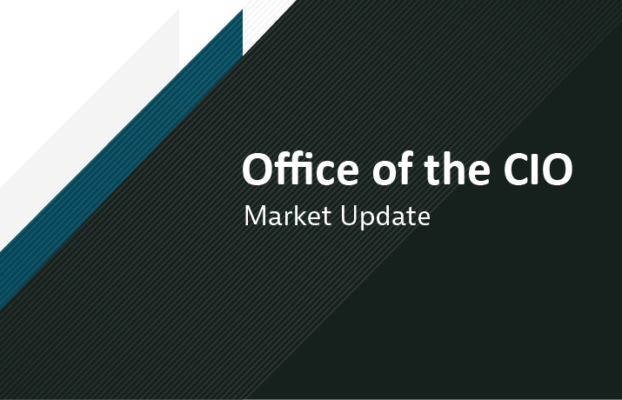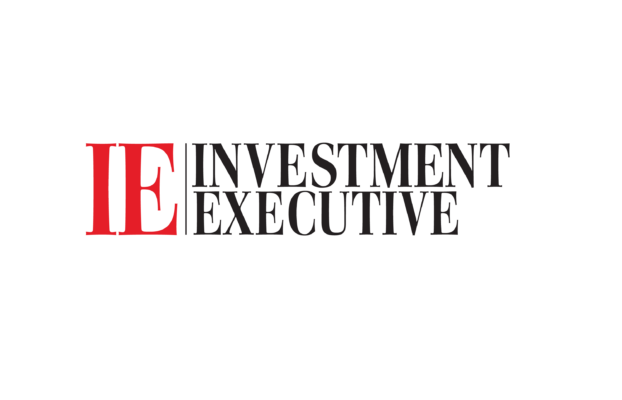Why Advisors are Choosing Independent Wealth Management
Author: Sarah Mawji | June 1, 2022
Banks, large financial institutions, and a set number of investment options is the image that depicts the wealth management landscape. This is customary framing for traditional, bank-run wealth management and the primary reason many advisors are seeking alternative ways to practice.
The limitations that come with the above description have led to the creation of a flourishing independent wealth management sector because, through independent practice, advisors have the ability to:
- serve their clients in a way that is best for them
- provide access to a wider range of investment vehicles
- create new products to fill market gaps
- provide a far more holistic experience from start to end making a difference at every stage of the investment journey.
Independent advisors operate on a fundamentally different value proposition because they have the ability to do so. They have the flexibility to shift with the ever-evolving demands of their client base and stay attuned to client requests with ease.
Here are a few benefits of the independent wealth management space:
Autonomy
The key to a successful advisory business is strong client relationships. But each client is different, meaning their needs will be different. How can you serve your vastly diverse client base if you have access to a limited range of investment products and resources, and an expectation to run your practice synonymously with the governing broker or bank?
Independent wealth management firms provide advisors the autonomy to run their practice in the way that they want.
“Independent advisors are supported by their firm, not dominated by it.”
Independent wealth advisors can customize the look and feel of their practices, mission statements, what primary services will be offered, and the process they use to guide their clients towards meeting their financial goals.
Back office support and regulatory guideline checks are managed by the firm but aside from these parameters advisors can outsource marketing activities, create direct partnerships with accountants and work with lawyers of their choice. If there isn’t an investment vehicle that exists on the market and the need for it exists, depending on your firm, you may have the ability to create new products.
Just like boutique-style law firms, retail brands, and hotels that offer customizable experiences that speak authentically to their customers, independent wealth practices can also offer an elevated, hyper-tailored approach that follows suit.
More Advisor Opportunities
Providing an augmented experience to clients with freedom and ease plays a key role in keeping advisors passionate, motivated, and fulfilled with the professional career choice they’ve made. It makes a game-changing difference but it doesn’t have to end there.
While some legacy institutions are looking to up their game and offer advisors more bandwidth to operate on a less rigid front, the changes have been menial. Despite this being a positive shift, because of the heaps of red tape and slow movement attached to being a large organization, they don’t have the same level of flexibility and agility that independents do.
“Besides just being able to practice in the way that you want at an independent firm, brokers provide more advisor-focused opportunities.”
For example, at Harbourfront every advisor is a firm partner. Each partner has a stake in the group of companies which comprises four businesses. Dividends are paid out annually and as the firm grows and succeeds, you grow and succeed. In addition to your own advisory-run practice, as an advisor at Harbourfront, you own stakes in multiple businesses.
As a partner of the firm, you are also a decision-maker and your voice matters.
Set Apart by Technology
“Any sufficiently advanced bureaucracy is indistinguishable from molasses. To counter this, Harbourfront has maintained a culture that is agile, nimble, innovative, and driven to reshape the wealth management industry, with a singular focus on the best interests of clients.” – Mark J. Pinto, President of Harbourfront Wealth Management
The pandemic allowed technology to take its place and demonstrate value in the wealth management industry. Many question how the industry existed without its integrated use in every aspect of the business and now advisors are demanding for a more comprehensive tech stack to use in their day-to-day.
Modern-day technology is fluid, agile, and quick to adapt. Innovations have become immensely attuned to the needs of the user, making it easy to shift towards the use of it. However, the one caveat is adoption has not been easy for all firms in the space.
Big banks and financial institutions are now bearing the cost of legacy technology. It’s not only expensive but difficult to remove and does not cooperate with newer technologies because of the lack of third-party integration options. Yet, because of the pandemic, big banks had to make way for newer systems. While they offer a limited range, independent brokers like Harbourfront have dedicated tech hubs with stacks of technological solutions for their advisors.
“Advisors who had access to tech solutions during the pandemic were capable of immediately supporting their clients while those that did not, could not.”
Independent brokers had the tools to continue business like usual to keep peace of mind intact. The impact of this has strengthened the advisor and client relationship.
More advisors are going independent because it offers more innovation within the industry and allows for far better and customized client experiences.




Market and Economic Insights – Q1 2025
10 April 2025